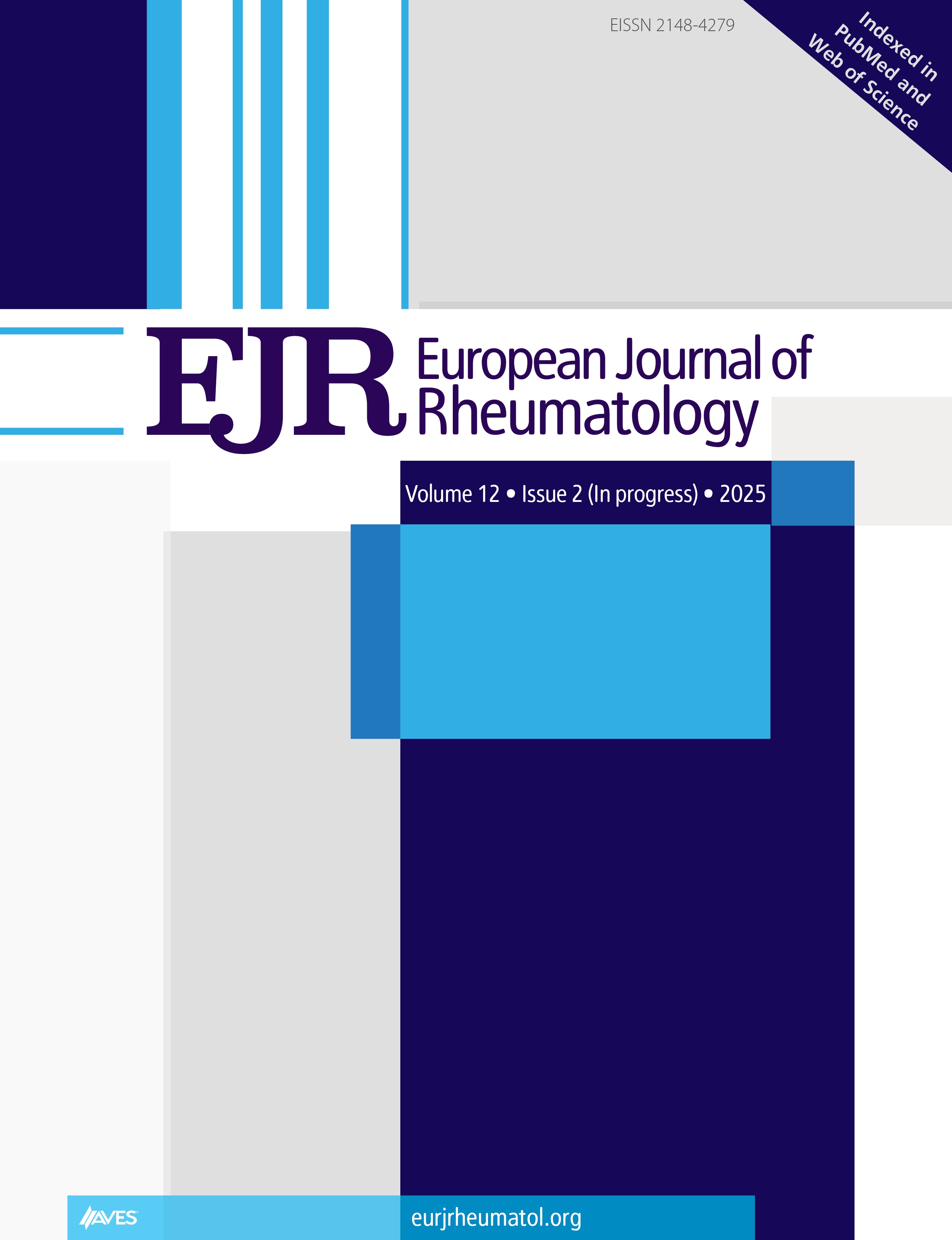Abstract
Rheumatologists are often called to be independent examiners of injured claimants and to address the question: “What is causing the injured person’s symptoms?” This article deals with the legal principles that arise in these cases, including causation, convenient focus, secondary gain, and thin skull rules. We shall first set out two hypothetical scenarios of personal injury cases that set the scene for a discussion of legal principles in personal injury law. With the same two scenarios of personal injury in mind, we shall review the legal principles and the biopsychosocial models of the illnesses concerned and consider the importance of examiners going beyond diagnostic labels towards a more in-depth analysis of illness factors and mechanisms that in turn assist the trier of facts.



.png)